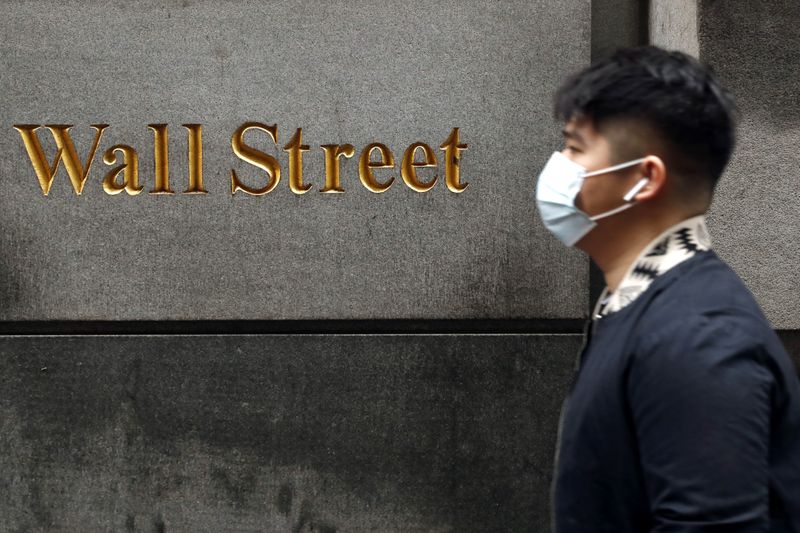By David Randall
NEW YORK (Reuters) - U.S. equity funds that were able to best weather the global economic upheaval from the coronavirus pandemic this year are turning to healthcare, e-commerce and electric vehicle stocks as they look ahead to 2021.
Few expect a quick economic recovery or containment of the virus that would allow a widespread return to office buildings and schools. Instead, top-performing fund managers say they are positioning their portfolios to benefit from an increase in new forms of technology as businesses and consumers change their habits amid a lingering pandemic.
"It's depressing to see the data that among the developed world, we're having the worst situation, but we're looking for the big industry trends that will persist no matter how long (COVID-19) goes on and will continue afterwards," said Michael Lippert, whose Baron Opportunity fund is up 30.7% for the year to date.
As a result, Lippert has been buying shares of warehouse company Rexford Industrial Reality Inc as a play on the growth of ecommerce and data, and cybersecurity firm Splunk (NASDAQ:SPLK) Inc in anticipation that remote work will persist well into next year. Shares of Rexford are down nearly 10% in the year to date, while shares of Splunk are up nearly 33%.
Overall, actively managed U.S. equity funds lost an average of 5.7% over the first half of the year, slightly more than the 4% decline in the benchmark S&P 500 index, according to data from fund tracker Morningstar. Funds that outperformed tended to avoid industries such as retail and travel that were decimated by the global economic shutdown, and invested heavily in technology stocks, which rallied from the shift to working from home and helped push the Nasdaq Composite index to record highs.
The stark divide between technology and companies heavily affected by the shutdowns were evident in the wide range of fund returns for the year to date. The GMO Special Opportunities fund posted the top overall return in the first half of the year with an 80.4% gain, more than 20 percentage points ahead of its closest competitor. The worst-performing fund, the WP Smaller Companies Income Plus fund, lost 48.7%.
A widening gulf between the best and worst-performing stocks is "creating high opportunities for winners and losers at a security level, driving fund performance," said Todd Rosenbluth, director of mutual fund research at CFRA.
Gerald Sparrow, whose Sparrow Growth fund gained 33.4% in the first half of the year, said he was focusing more on healthcare technology companies in areas such as monitoring and equipment.
He expects more volatility in the sector as the U.S. presidential elections in November approaches as candidates propose caps on the cost of drugs and other procedures. That would lead to more opportunities for innovative companies that will take market share regardless of spending trends in the wider industry.
"My word of wisdom is to buy heavily in healthcare the night before the election," he said.
Gary Robinson, a portfolio manager of the Baillie Gifford US Equity Growth fund, which gained 45.3% in the first half of the year, said he was looking more at companies that will benefit from the shift to electric vehicles.

"This is a trend that is going to continue regardless of the pandemic," he said.